How New Zealand changed its priorities with a well-being budget
Jacinda Ardern’s government announces spending programme based on welfare of citizens
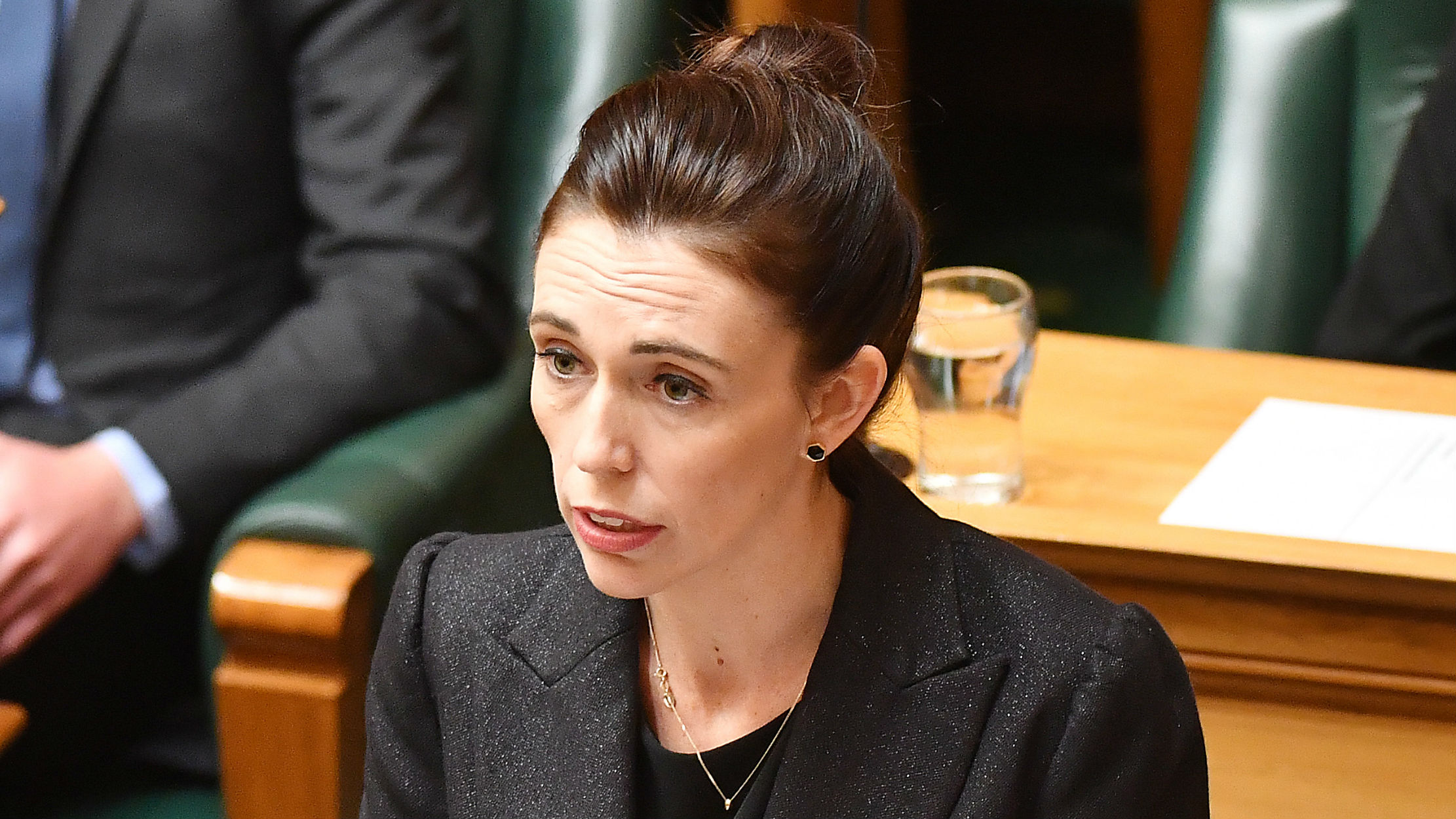
A free daily email with the biggest news stories of the day – and the best features from TheWeek.com
You are now subscribed
Your newsletter sign-up was successful
New Zealand has become the first Western nation to base its government budget on well-being priorities, with public departments measured on policies which improve the lives of citizens rather than generating revenue.
After more than a year in the works, on 30 May Prime Minister Jacinda Ardern formally launched a revolutionary state spending programme that promises billions for mental health services and child poverty, along with record investment in measures to tackle family violence.
Introducing the plan, Ardern pointed to New Zealand’s “rates of suicide, unacceptable homelessness and shameful rates of family violence and child poverty.
The Week
Escape your echo chamber. Get the facts behind the news, plus analysis from multiple perspectives.

Sign up for The Week's Free Newsletters
From our morning news briefing to a weekly Good News Newsletter, get the best of The Week delivered directly to your inbox.
From our morning news briefing to a weekly Good News Newsletter, get the best of The Week delivered directly to your inbox.
“Growth alone does not lead to a great country. So it’s time to focus on those things that do,” she said.
What is in the New Zealand budget?
The Well-being Budget “sets out five priority areas that the government will address through generous public spending”, says Forbes: “the mental well-being of all New Zealanders, child poverty, Maori career prospects, digital innovation and the transition to a sustainable economy”.
Mental health services get the biggest funding boost on record, at $1.9bn (£984m). Child well-being will receive more than $1bn (£518m) - a spending hike that comes after Unicef found that 27% of New Zealand children live in income poverty.
A free daily email with the biggest news stories of the day – and the best features from TheWeek.com
A further $320m (£166m) is being invested in measures to combat domestic violence. New Zealand has one of the worst records for family and sexual violence of the 36 member countries in the Organisation for Economic Cooperation and Development (OECD), with police responding to a domestic violence incident every four minutes.
Have the changes been welcomed?
The Budget has received widespread praise from charities and other organisations in the relevant fields, says New Zealand’s state-owned broadcaster TVNZ. Reacting to the hike in spending to reduce child poverty, children’s commissioner, Judge Andrew Becroft said the new focus “could be a game changer for New Zealand's children”.
Alcohol Healthwatch said it was “fantastic” to see the government “invest in children, mental health and addictions”, while the Mental Health Foundation said the Budget “makes an excellent start in addressing our suicide rates”.
However, the opposition National Party has dismissed the spending programme as a “disappointment”, reports The Guardian. Party leader Simon Bridges said: “This budget is style over substance. It might have a glossy cover with nice pictures, but it’s hollow inside. This botched budget is not transformational.”
With the Treasury Department recently downgrading its gross domestic product forecasts amid a cooling global economy and slackening domestic consumption, critics point out that New Zealand needs an economic boost rather than an emotional onen, reports Reuters.
That view was echoed by conservative commentator Rita Panahi, who said: “This sort of silliness impresses some of the people sometimes for a little period but you eventually get found out.”
Kiwibank’s chief economist, Jarrod Kerr, added: “The aspirations in the Budget are grand, and respected, but it’s all about long-term execution in a short-sighted political world.”
However, Prime Minister Jacinda Ardern insists that her government must recognise that economic growth “alone does not guarantee improvement to New Zealanders’ living standards”.
Will other countries follow suit?
Similar programmes are in place already in Bhutan and the United Arab Emirates. Indeed, the latter has a Minister of State for Happiness and a National Programme for Happiness and Positivity.
Meanwhile, the UK is among several countries that have begun to officially track national levels of well-being, but with austerity cuts weakening many public services in Britain, the nation is some distance from emulating Ardern’s move.
The UK’s All-Party Parliamentary Group on Well-being Economics has drafted a report on how the upcoming government spending review should focus on alleviating unhappiness. This would include extra ringfenced funding to treat mental illness, boost well-being in schools, increase skilled employment, and improve social care for the young, old and disabled.
The Financial Times’ Martin Wolf argues that existing measures such as gross domestic product and producing public goods are defective and risk prioritising the wealthy.
Instead, a “shift in priorities toward alleviating the biggest harms” should be the “minimum goal for policy in a civilised and prosperous society”, he writes.
-
 The week’s best photos
The week’s best photosIn Pictures An explosive meal, a carnival of joy, and more
-
 The ‘ravenous’ demand for Cornish minerals
The ‘ravenous’ demand for Cornish mineralsUnder the Radar Growing need for critical minerals to power tech has intensified ‘appetite’ for lithium, which could be a ‘huge boon’ for local economy
-
 Why are election experts taking Trump’s midterm threats seriously?
Why are election experts taking Trump’s midterm threats seriously?IN THE SPOTLIGHT As the president muses about polling place deployments and a centralized electoral system aimed at one-party control, lawmakers are taking this administration at its word
-
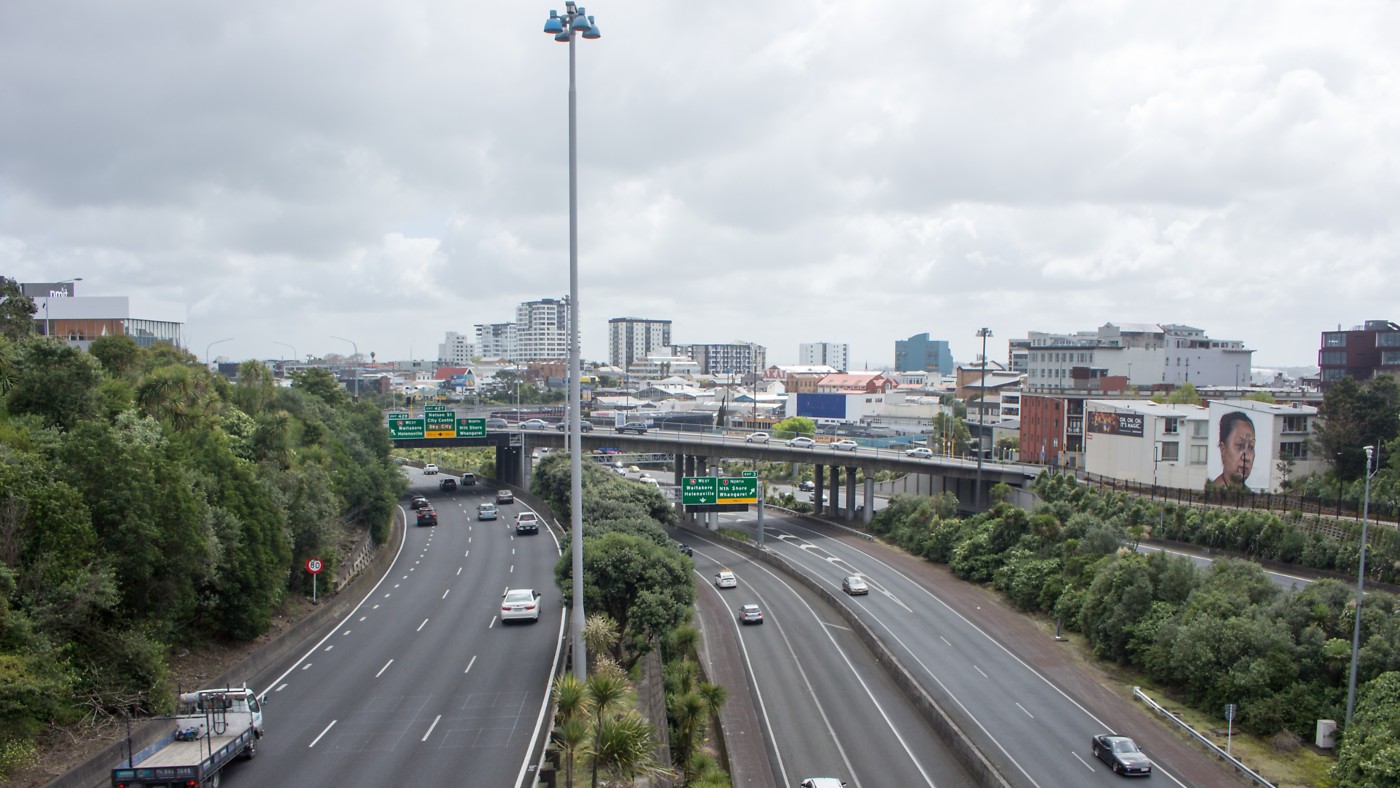 Cops call woman over hair hanging out of car
Cops call woman over hair hanging out of carTall Tales And other stories from the stranger side of life
-
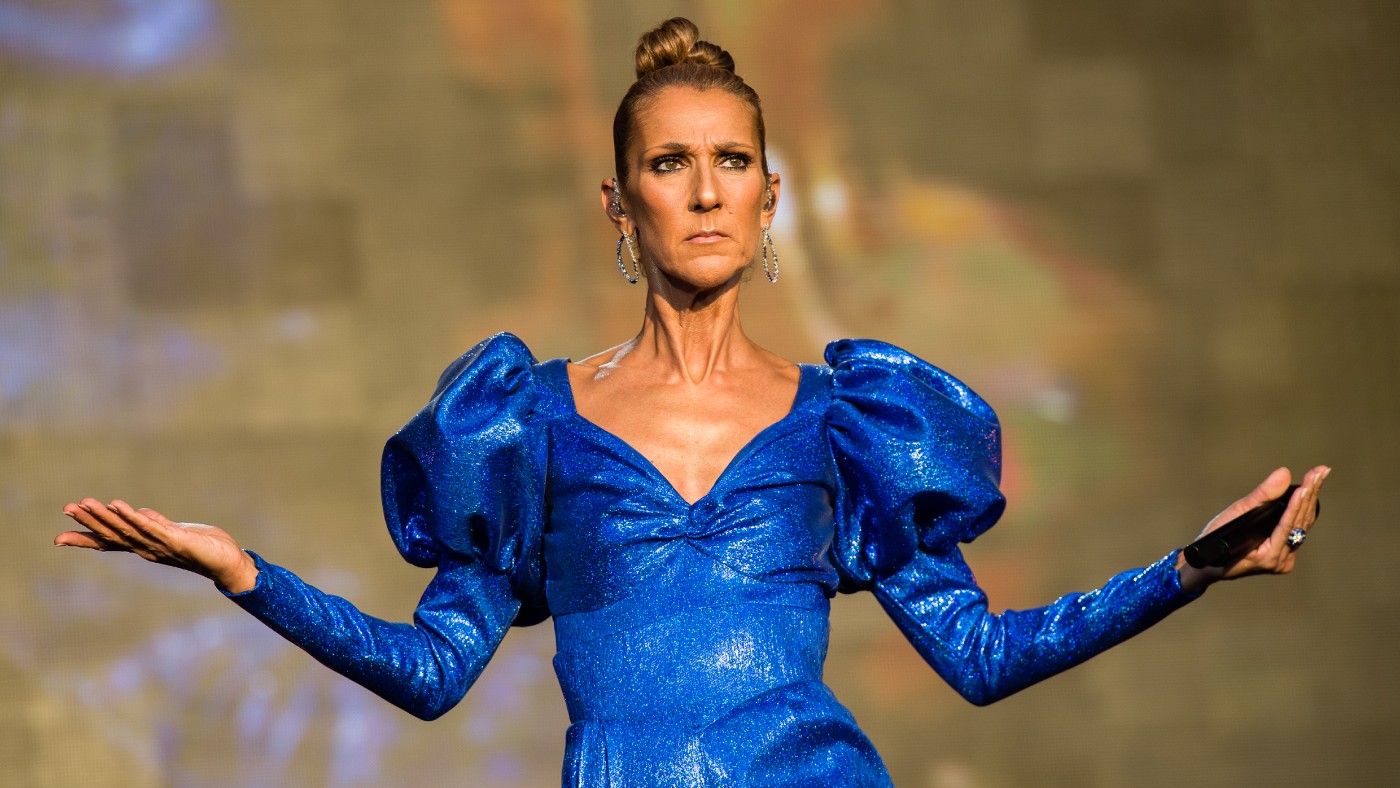 Celine Dion 'civil war' in New Zealand
Celine Dion 'civil war' in New ZealandTall Tales And other stories from the stranger side of life
-
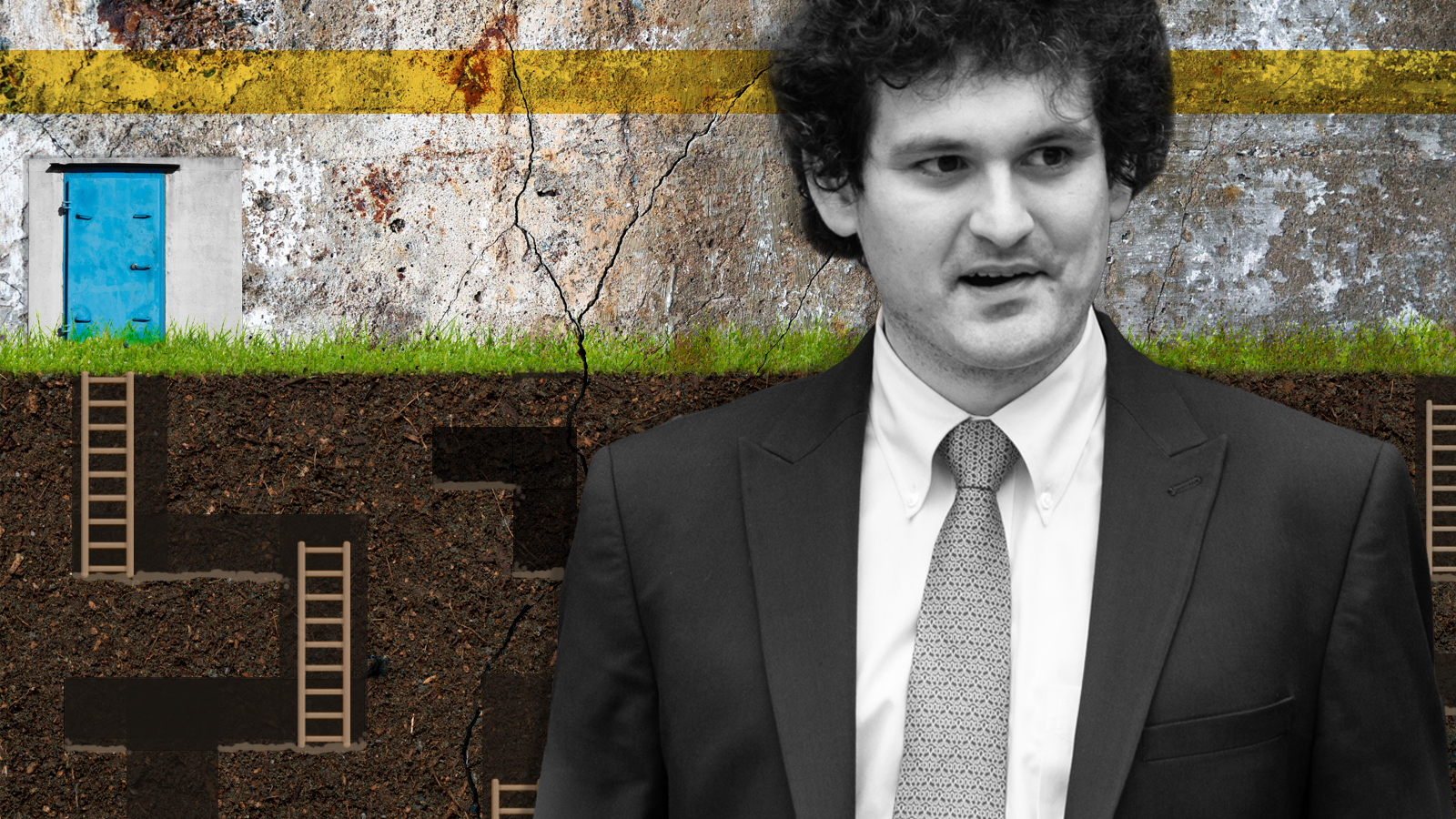 Inside the billionaire business plan for the apocalypse
Inside the billionaire business plan for the apocalypseIn Depth It's the end of the world as we know it and they (want to) feel fine
-
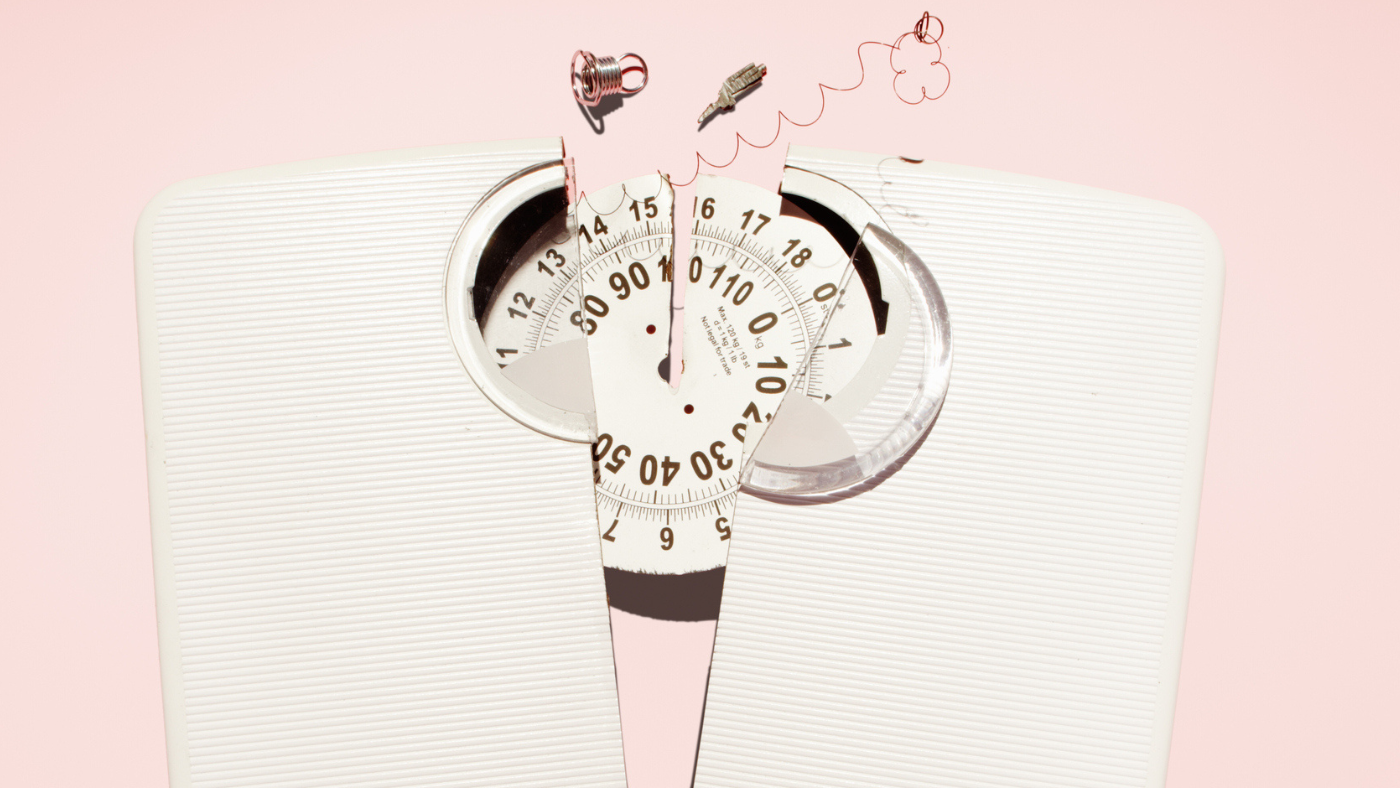 New Zealand airline to weigh passengers
New Zealand airline to weigh passengersfeature And other stories from the stranger side of life
-
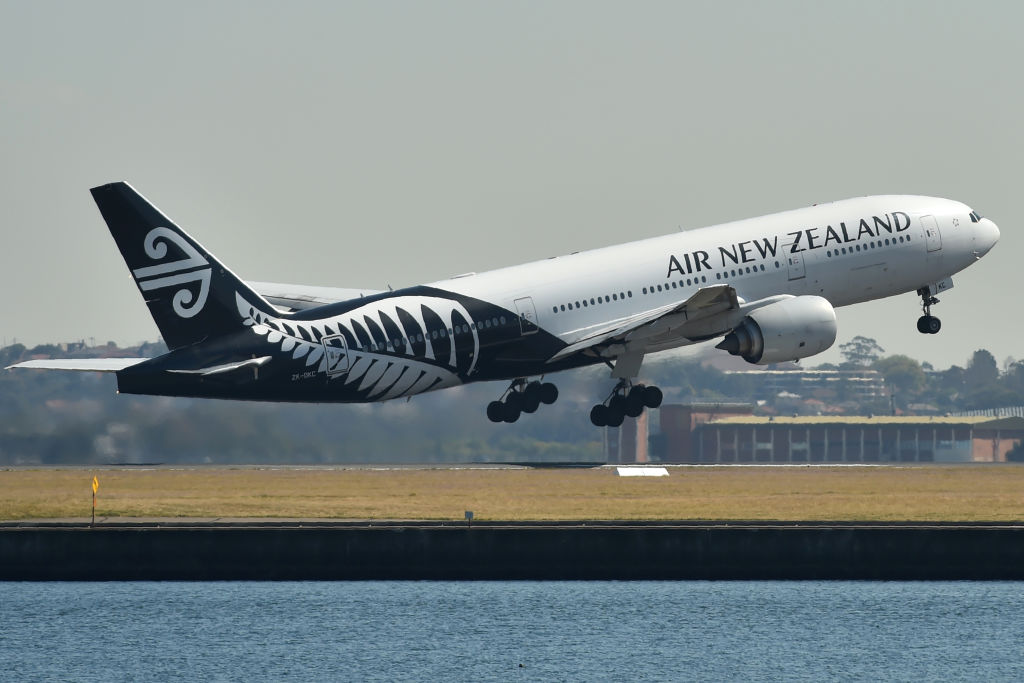 Air New Zealand to weigh international passengers as part of safety survey
Air New Zealand to weigh international passengers as part of safety surveySpeed Read
-
 The Week Unwrapped: Korean succession, terror by algorithm and German disquiet
The Week Unwrapped: Korean succession, terror by algorithm and German disquietpodcast Could a 10-year-old girl rule North Korea? Will an Isis victim upend web law? And why is Germany upset with its Oscars contender?
-
 The Week Unwrapped: Chinese chips, the Pope in Africa and podcasting
The Week Unwrapped: Chinese chips, the Pope in Africa and podcastingpodcast Is China losing the microchip war? What is the Vatican doing in South Sudan? And has the podcast tide turned?
-
 The Week Unwrapped: Sex and health, the Earth’s core and another new year
The Week Unwrapped: Sex and health, the Earth’s core and another new yearpodcast Is the NHS failing British women? What’s going on at the centre of our planet? And what’s in a date?